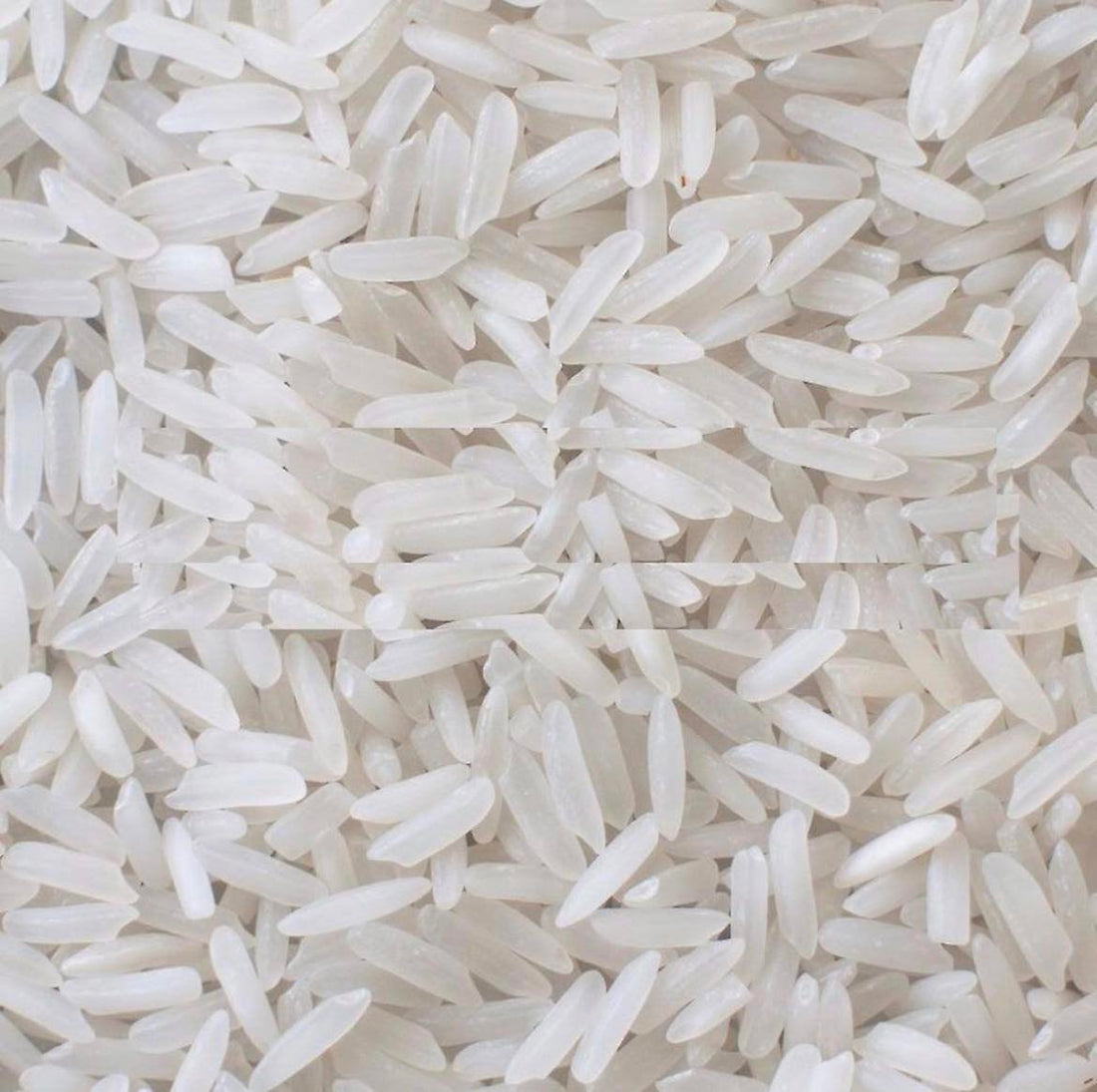The practice of rinsing cereal grains before cooking has captured the attention of consumers as the next hair care craze. One of the first lessons of cooking rice (Oryza sativa), is to rinse the grains thoroughly to remove excess starch. Rather than discarding the cloudy rice water left after rinsing, it can be collected and used for washing the hair. For centuries, women have used this rice water, the original upcycled hair care regime, to promote healthy hair. We have chosen to include Rice Water for its demonstrated hair hydration and humidity protection.
Rice is a cereal grain derived from wild grasses. Said to be the "grain of life”, rice is a staple food in India, often used in different forms, such as steaming, frying, fermenting, and more. Today, rice production represents much of the world’s cereal production and sustains a multitude of communities daily as a means of nourishment. Humans have depended on rice as a dietary and medicinal staple for thousands of years.
The use of fermented rice derivatives in cosmetics allows for the extraction of biomass on a cellular level to incorporate natural, active ingredients with product driving consumer recognition. Rice is rich in starch, amino acids, vitamins, and minerals, making it an excellent addition to any hair care routine. In the case of rice water, many of the nutrients are transferred from the rice to the water.
In cosmetics, the use of fermentation is useful for isolating or creating bioactive minerals that our bodies can easily recognize and therefore process more efficiently. Rice Water is created by upcycling the rice water byproduct from the production from other production, followed by fermentation with Saccharomyces cerevisiae. The material is then filtered to isolate the nutrient rich rice water. Historically, fermented rice water has been shown to contain starch, Vitamin E, Vitamin B, essential amino acids, and organic acids.

